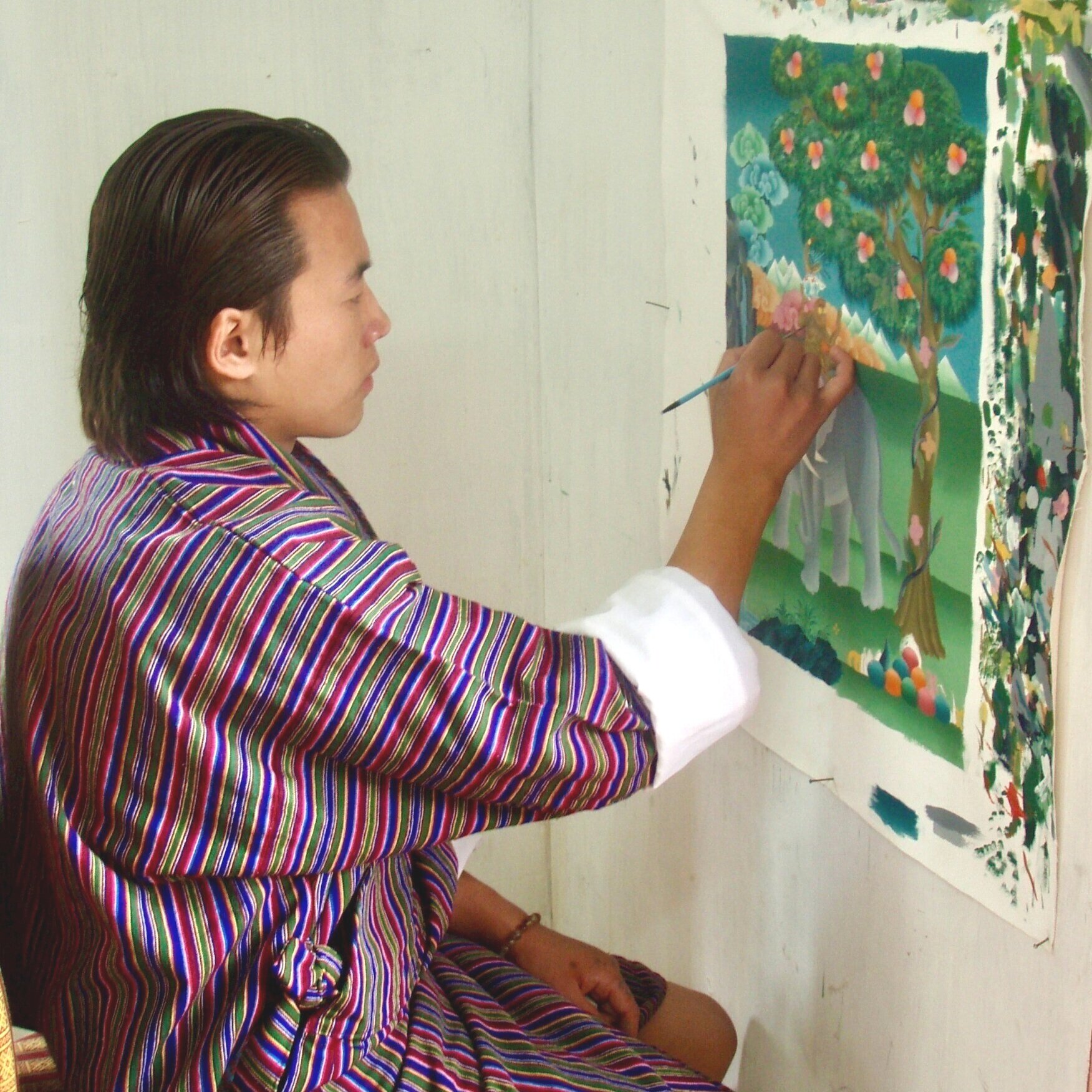
Coaching for Autistic Adults, Teens, and their Caretakers
With Bird Sellergren
Are you autistic and need support to navigate life's responsibilities, plan for the future, and achieve your goals?
Are you a parent, caretaker, or educator who wants to learn how to support the autistic person in your life better?
Do you feel like those around you aren’t hearing you or don’t truly understand your needs?
My Lived and Professional Experience
I am autistic myself, and my coaching is informed by lived experience as well as academic training.
I completed my master’s degree researching workplace equity for autistic people, and I am currently pursuing both an EdD and a PhD focused on autism equity in education.
An Autism-Affirming Approach
My practice is explicitly autism-affirming. I do not aim to change autistic behavior to fit neurotypical norms.
Instead, I work from the understanding that autism is a valid form of human neurology, and that many challenges arise because environments and expectations are not designed with autistic people in mind.
I help autistic people clarify their goals, develop strategies that work for their neurology, and make sense of how autism influences their relationships and environments. This process builds durable self-advocacy skills that support long-term independence and well-being.
Who I Work With
I provide coaching for autistic adults and teens, as well as for parents, caretakers, and educators who want to better understand and support autistic people in their lives. My work centers autistic perspectives while also supporting the people and systems around them.
What We Work On Together
Coaching focuses on practical and relational areas such as decision-making, executive functioning, relationships, employment, burnout, finances, academics, and independent living.
We identify your goals, clarify what is getting in the way, and build strategies that fit your neurology and circumstances.
Values and Framework
My coaching validates autistic autonomy, self-determination, and worth.
I work within the neurodiversity paradigm and draw on feminist, decolonial, and intersectional frameworks to ensure that support is ethical, respectful, and responsive to real-world power dynamics.
Together, we can work on areas such as:
Executive functioning, decision-making, and follow-through
Balancing relationships, boundaries, and alone time
Communication, self-advocacy, and navigating misunderstandings
Stress, burnout, and emotional regulation
Adapting to change, uncertainty, and transitions
Education planning, including college and graduate school applications
Employment-related support, including job applications and workplace navigation
Supporting or understanding PDA profiles and demand-related stress
Understanding and reducing rejection sensitivity distress
Supporting autistic identity development, including gender-affirming care navigation
Building sustainable routines that support health, well-being, and engagement with the world
Helping caretakers better understand autistic needs, strengths, and support strategies
Coaching may be a good fit if you are autistic, or if you are a parent, caretaker, or educator supporting an autistic person.

My work is informed by lived experience and by leadership as a nonprofit founder, educator, and facilitator, allowing me to support clients with both practical skill-building and systems-level insight.
How Coaching Works
Clarifying Your Priorities
We begin by identifying what matters to you right now. This may include work, education, relationships, burnout, autonomy, or navigating systems that were not designed with autistic people in mind. Goals are defined collaboratively and revisited as needed.
Building Sustainable Strategies
Together, we develop practical strategies that fit your neurology and your life. This may include skill-building, planning, advocacy preparation, or support for navigating work, school, healthcare, or family systems. The focus is on approaches you can maintain over time.
Understanding Context and Constraints
We look at how autism, environment, expectations, and past experiences interact. This includes identifying barriers, sensory or executive demands, and patterns that affect decision-making, communication, or energy. Nothing is treated as a personal failing.
Frequently Asked Questions
-
Each session is 60 minutes long, and a single session costs $110, paid by Venmo, credit/debit card, or cash. See the cost section below for more information.
Session structure:
Typically, that will include a check-in on last week’s work. Then, we will build upon that work and set new goals or strategies. Last, we do a wrap-up and discuss your work for the week ahead.
-
Coaching focuses on present and future goals, skill-building, and navigating real-world systems. It does not diagnose or treat mental health conditions and is not a replacement for therapy. Many clients engage in both simultaneously, and I refer out when therapeutic support is needed.
-
Either! I work with clients via Zoom, Google Meet, Teams, or Skype. We can also have a movement meeting where we take you for a walk in San Francisco and talk about that day’s topic(s).
If you are in the Bay Area and not in San Francisco proper but would like to meet in person, there is a $50 surcharge for each session for the coach's travel time beyond the base rates covered, so ask about this in your complimentary coaching call.
-
The length of our coaching journey together is influenced by your unique goals, your level of ambition, and your readiness for change.
On average, clients tend to work with me for around six months, though some find fulfillment in just eight weeks, while others benefit from a longer-term engagement.
Consider committing to at least eight weekly sessions initially, as achieving significant progress in a shorter timeframe can be challenging. Remember, this process is about your growth and well-being, and I'm here to support you every step of the way.
-
The first step is to book a complimentary 30-minute coaching discovery call, which you can schedule by contacting me through my contact page.
A consultation conducted on Zoom will allow us to talk, discuss your situation, and explore whether I am a good fit for your needs.
Want to request a coaching consultation? Click below to schedule a free 30-minute call.






